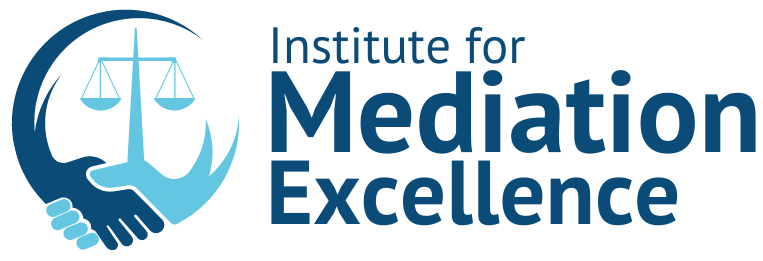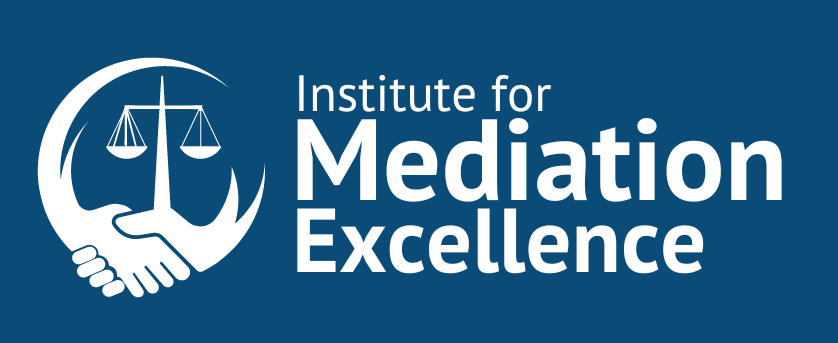At the tender age of 8, I found myself captivated by the allure of a legal career. It wasn’t just any dream; it was a pilfered ambition, initially belonging to my sister. Yet, within ten years, it had grown into my life’s greatest aspirations. By the time I turned 18, I confidently marched through the gates of the University of Zambia, firm in my determination to become a lawyer. Some concerned seniors worried about my overconfident attitude, encouraged me to make a Plan B. They cautioned that law school was not a guarantee. I told them that they had no need to fear as I believed my destiny was written in the skies – I was meant to be a lawyer. I saw myself in that white wig and black gown defending an innocent person, just like in the movies. However, weeks into law school, I found myself grappling with an unexpected revelation- an aversion for criminal law. Wasn’t this the bedrock of my deep belief in justice This unexpected detour led me to focus on the field of private law, where the complexities of interpersonal disputes and legal principles meet. Throughout my academic journey, I learned about the foundations of our formal justice system, the adversarial system— transplanted into Zambia during the colonial era, held up as the pinnacle of justice.
As I graduated from the hallowed halls of academia and ventured into the stark reality of courtroom proceedings, I witnessed the flaws and difficulties of the legal system firsthand. I watched with dismay the raw, unfiltered essence of justice—a far cry from the polished idealism of my textbooks. In the courtroom, I witnessed more than just legal battles; I saw the raw emotions of humanity laid bare. Faces filled with despair as victory slipped through their fingers due to a technicality, their lawyer’s incompetence, an unexpected question that caused one to hesitate in cross-examination among a host of unanticipated roadblocks to the justice they so desperately longed for. I witnessed the weight of judicial decisions tearing apart the fabric of families, friendships, and businesses with the unforgiving finality of a judgement. Here there was no room for compromise and there had to be a winner and a loser.
The law, they say, is blind. And in its blindness, it renders judgments without regard for the human toll exacted in its name. I watched as witnesses, innocent witnesses forced into the arena of litigation, endured emotional trials under the relentless scrutiny of the opposing counsel. It wasn’t even their conflict, but the system attacked them too. I have always loved the law but what I witnessed was an impersonal justice, one that delivered justice at the expense of humanity, mental health and a host of factors that comprise the complexity of the human experience and relationships. The adversarial system, with its rigid focus on evidence and argumentation, transforms courtrooms into arenas where modern-day gladiators spar for victory, leaving casualties in their wake. But what of empathy? What of the details of human conflict, woven out of personal desires, fears, and aspirations? Within five years of practicing law, I became disillusioned with a system that placed a person’s voice at the mercy of facts and law without any consideration of their personal interests, emotions, wishes, dreams and hopes. How could justice be served when it neglects the very essence of the human experience?
They say, “don’t hate the player, hate the game.” But what if the accidental results of the game are defective? What if justice, in its pursuit of legal correctness, loses sight of the humanity it seeks to protect? These questions bothered my conscience, driving me to seek a different path, one where the voice of the afflicted isn’t drowned out by the clamour of legal technicalities.
End Of Part 1
Click this link to read Part 2: Link
About the Author
Lois Chisompola Sikwenda is an ADR practitioner with vast experience in dispute resolution and a legal background. Lois has over a decade of advocacy experience in Zambia’s superior courts. She is currently the co-founder and Director of Institute of Mediation Excellence (IME) Zambia and is accredited by the ADR Center and also recognised as a qualified mediator by the International Mediation Institute (IMI).
Email: lois@imezambia.com



One Response
This is a great initiative Lois. In England and Wales civil litigation, it is mandatory to undertake ADR while the case is at court. It is frowned upon if a party refuses ADR and if they lose the penalty is heftier on concluding the trial. As a trainee Solicitor, I sat in mediation meetings and some would literally take all day but so fulfilling to see opposition parties reach an agreement and sign ending the matter amicably. It’s great for mental health, for the pocket and decongests the courts.